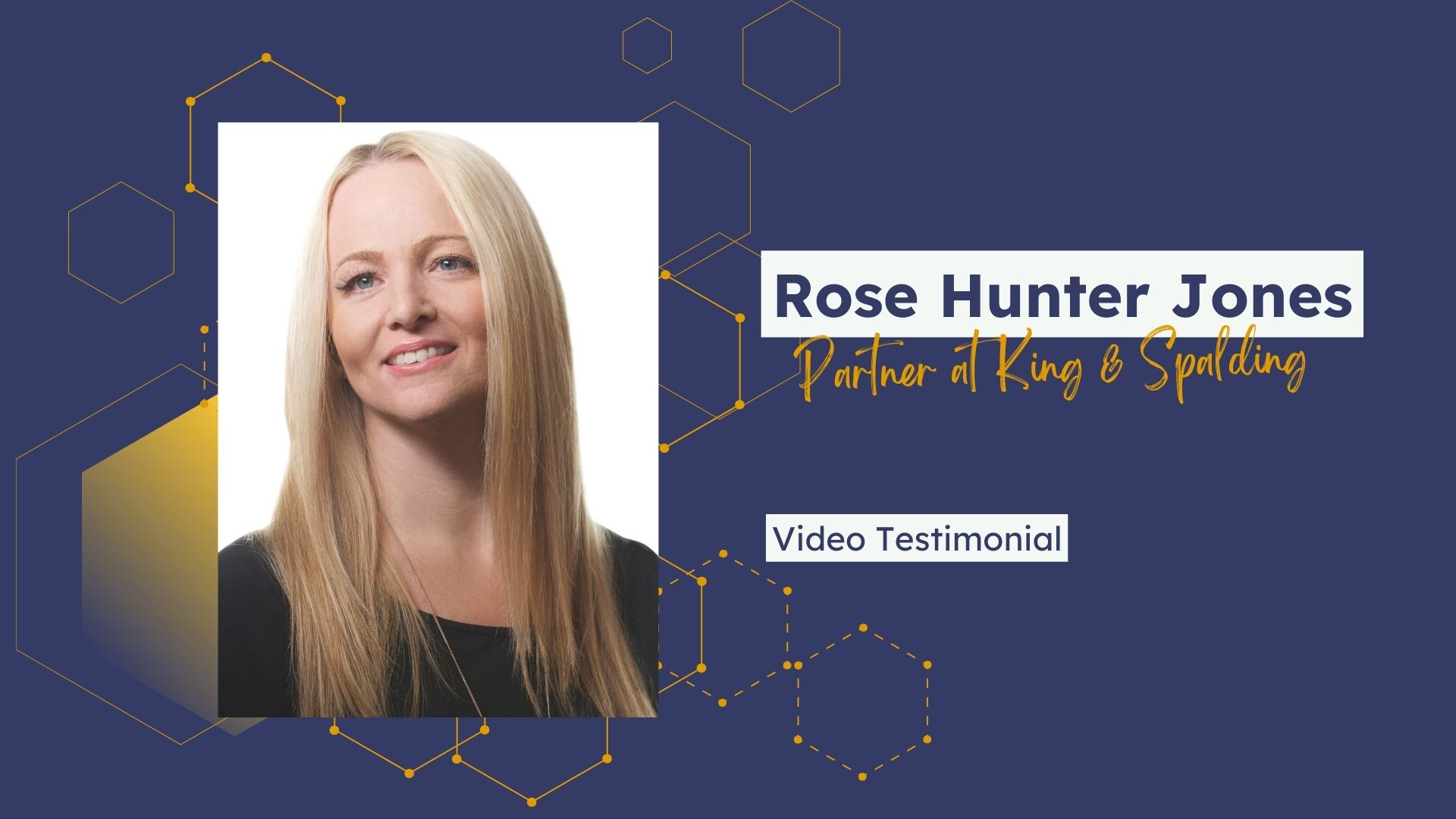Is eDiscovery Assistant Redundant with Other Legal Research Platforms?
So, you’re trying to figure out if adding eDiscovery Assistant to your legal research arsenal is just plain overkill when you already have other platforms in place.
Well, it’s not an either/or decision. The question you should be asking yourself is whether or not your team needs quick access to ediscovery-specific research and resources.
Let’s break it down.

If you’ve answered yes to any of those questions, it’s time to take a look at eDiscovery Assistant.
eDiscovery Assistant rethinks the delivery of legal research and resources for ediscovery. When you’re searching for case law specific to ediscovery, traditional legal research platforms rely on user created search terms and boolean searching to find results. eDiscovery Assistant eliminates that guessing game by manually tagging each case with ediscovery issues (e.g. proportionality, failure to preserve, instant messaging, GPS, etc.) and allowing you to create issue searches that let you find case law in a few clicks vs. several hours. Annual users find it pays for itself for the year with just one search.
But eDiscovery Assistant is more than just case law — we’ve built a platform to help legal professionals learn on demand using checklists and forms for ediscovery processes, defining concepts using our our glossary of terms, and leveraging our eDiscovery Academy, that provides short videos on key concepts for when you’re facing the issue in a case. Not sure how to draft a legal hold? ESI protocol? FRE 502(d) order? That’s how we help.
The below comparison will walk through the key features of each product and allow you to compare eDiscovery Assistant side by side with traditional legal research platforms. Our goal in building eDiscovery Assistant is to help lawyers and legal professionals learn to spot ediscovery issues and learn how to handle them effectively. Want to see how it works? Request a demo and we’ll show you first hand how to improve your practice.
Founded in 2016 and developed by attorneys who practice eDiscovery 24 hours per day 7 days per week, eDiscovery Assistant includes curated database of case law, rules, checklists and forms, and glossary of terms.
2945 Juilliard Street
Boulder, CO 80305
United States